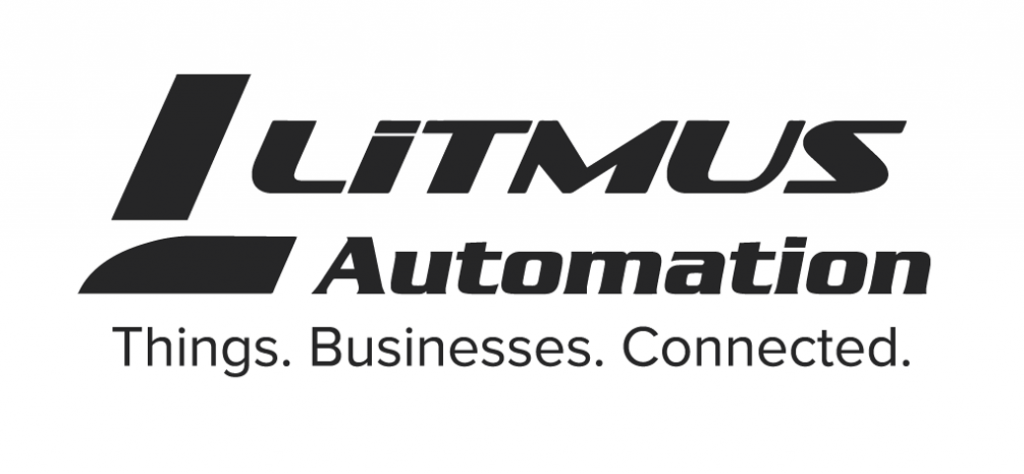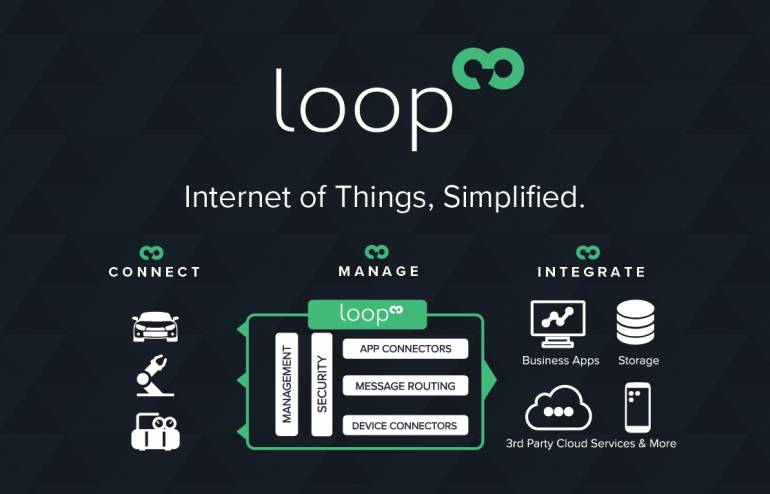From connected cars to connected thermostats, the IoT industry is getting a significant amount of attention thanks to large companies being very public about their race to lead the space.
But John Younes, Sacha Sawaya, and Vatsal Shah — the three co-founders behind IoT startup Litmus Automation — say that their company is already in pole position.
“Companies are coming to us and saying they’d love to use our platform as the basis for our IoT strategy.” – Sacha Sawaya
“We got here at the perfect time. There’s a lot of marketing out there, and a lot of these big companies are saying they’re doing certain things in IoT, and to my complete surprise, a lot of it is BS,” Sawaya said. “You meet those companies, and I tell them I saw all this marketing you guys have, and that you have an offering that would complement us so well, and they tell me they don’t actually have anything yet; it was all marketing.”
Since 2013, the Litmus Automation team has been working on the Litmus Loop, which allows enterprises to connect anything physical, such as machines, to an application that can gather data from the object. For example, a manufacturer could use the Loop to connect a car to an application in order to analyze the driving patterns of the driver.
Having worked heads-down on the product over the last three years in accelerators like the DMZ, MaRS and the Alchemist Accelerator without drawing much attention, the company has now closed its first-ever funding round of $2 million from US and Canada-based private angels.
But for a company at the seed stage, Litmus Automation — which targets the connected car and manufacturing sectors — already boasts partners like Nissan, Intel, and Renault. Sawaya even calls it a bridge round rather than a seed round.
“Seed would be moreso for building a product. We have a product built, so the main purpose of this funding round is eventually scaling down the road in four to five months and creating this team that will be ready to support in scaling efforts and supporting large client deployments,” he said.
“Loyalty for us is a big thing. In the Valley, you can hire good talent, but people will jump ship the moment there’s a hot startup.”
Before Litmus, Shah worked for a large company where he was responsible for connecting sensors onto an oil and gas pipeline. The goal was to monitor how much the pipeline would vibrate to ensure that it wasn’t close to breaking down. Before IoT was the hot buzzword it is today, Shah left the company knowing that there would be a need for enterprises to connect machinery to applications to gather data in the future.
So while pursuing his Masters in The Global Entrepreneurship Program, he started working on the platform on his own. Younes, who happened to be in one of Shah’s classes, was curious about what seemed to take all of Shah’s attention and decided to ask him about it. When Shah explained his plan and the fact that he needed a sales person, Younes jumped at the chance, recruiting his longtime friend Sawaya to manage their finances.
“We were always two kids who wanted to have a startup, and being two business guys, it was hard to start a business without the technical guy as a third piece,” Sawaya remembers today. “We were always looking for people, and we always had these crazy ideas, but the execution was never there.”
Litmus’ current 20-person team is split between the company’s Toronto office and Silicon Valley office; while Sawaya and Younes lead the Toronto office, which mostly deals with the engineering side of the company, Shah leads the Valley office, which is mostly made up of the customer success team as almost all the major automotive companies have R&D centres in the Valley.
“One of the big obstacles for a lot of Canadian startups is that they don’t have presence [in the Valley], so we were lucky to have that dual presence and capitalize on that,” said Sawaya, who said they opened their Toronto and Valley offices at the same time in June of this year. “If you can’t get that meeting with a client in the Valley, it’s very hard to close a deal there.”
The round will help the company with going into production, and while there are plans to grow the team in both offices, hiring will be focused in Toronto. The team so far has hired David Sidhu, a former director of strategic planning at Intel, as their VP of customer success.

“Loyalty for us is a big thing. In the Valley, you can hire good talent, but people will jump ship the moment there’s a hot startup,” said Sawaya. “We want to attract talent that will stay for a while, and paying USD $130,000 for a kid that has one year of experience out of university is ridiculous. We can find affordable, loyal, great talent here in this budding startup ecosystem.”
Rather than take the usual startup route of trying to attract smaller clients before moving on to progressively bigger companies, Litmus has been taking an enterprise-first approach from the beginning, thanks in part to Shah’s past experience in enterprise.
Since getting Nissan’s attention in 2014, the company has been able to learn from them what kind of features enterprises were actually looking for, and Sawaya says that since they “were lucky enough” to make money from early clients, they could go through the challenges of building a business and product without the pressure of investors pushing them in a particular direction.
“While larger companies did all this marketing, we were building a real product.”
“We had a product when we met with initial clients, but we didn’t have the product we had now. It’s all been client feedback. They kept telling us what they wanted to see, and what to add, and we kept adding these features and ended up creating a product that could work for all large companies like that,” said Sawaya.
Sawaya knows they’re getting into a highly-competitive space. It’s part of the reason why the company has stayed “shy and quiet” until now, as they wanted to make sure that they had a strong product used by large clients before they went public with the fact that they were working aggressively to go to market.
Sawaya is still confident that the company can hold its own as a startup in a space crowded with enterprises. The fact that that all of these large companies are now getting serious about IoT is actually an opportunity, according to Sawaya. “While they did all this marketing, we were building a real product. While they were marketing, we were developing. Companies are coming to us and saying they’d love to use our platform as the basis for our IoT strategy.”


